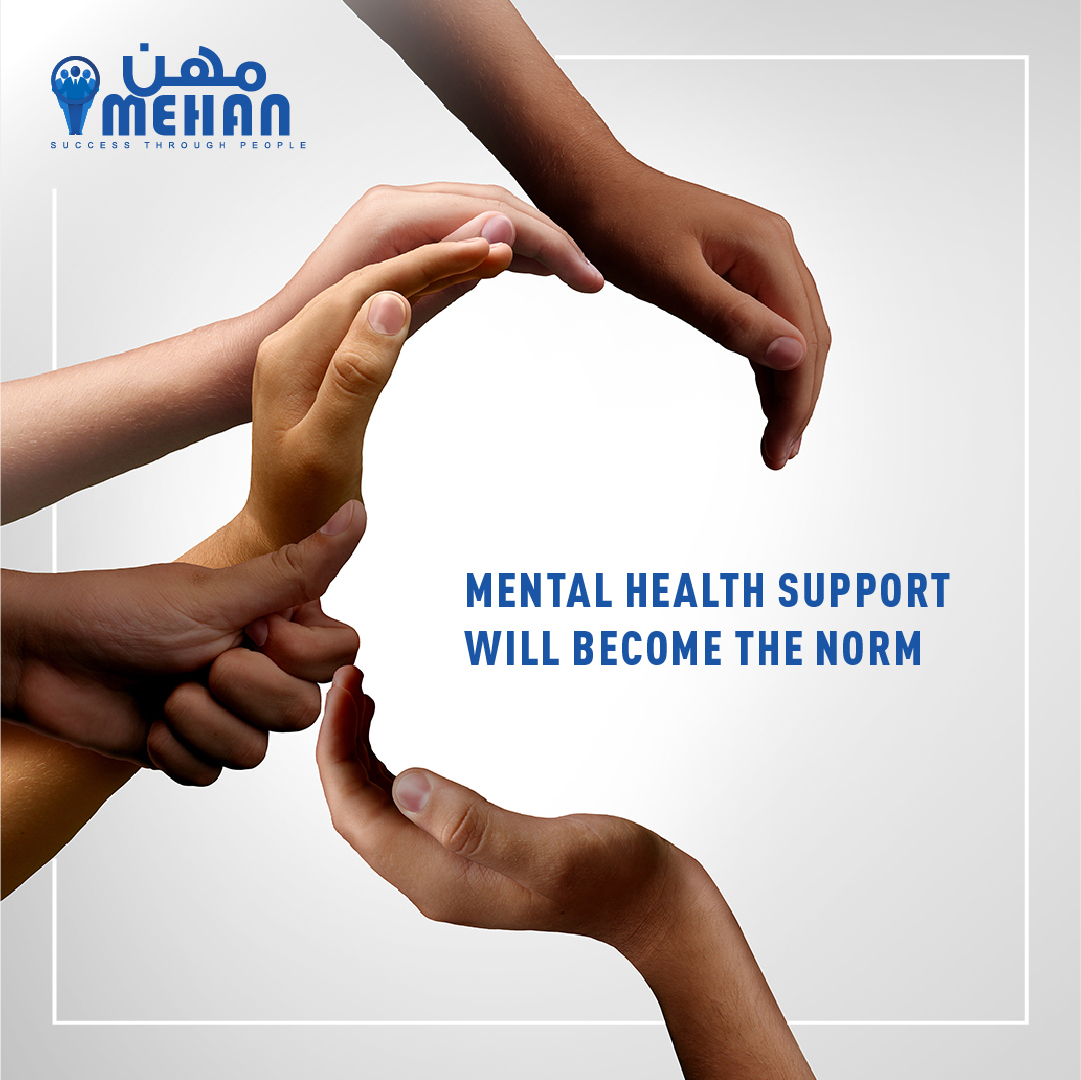
The prevailing trend among companies over the last few years was to increase the number of paternity/maternity leave days for their employees. Now as a result of the pandemic, businesses have understood the criticality of psychological well-being. Numerous organizations have already made great strides toward eradicating the dogma and increasing mindfulness about psychological illness and urge more employees to reach out for help if needed. In the wake of the rapidly climbing suicide rates, there is also an increase in employee stress and depression. Such conditions are driving up medical care costs, as indicated by Aetna Behavioral Health. In the near future, bosses will have to work to de-stigmatize mental health by extending mental health benefits such as increasing “Days-off to take care of one’s mental well-being” and supporting different activities to improve the emotional well-being of their employees.
The American Psychiatric Association has identified 7 different mental disorders – Anxiety, Depression, Bipolar Disorder, Schizophrenia, Post-Traumatic Stress Disorder (PTSD), Eating Disorders, and Addiction/Substance Abuse. These issues are relevant in a workplace setting especially because it is challenging to start such a conversation in the office. This can be blamed on the fact that they are seen as a shortcoming in one’s personality rather than a medical condition just like any other physical illness. According to a 2009 study by Businessevolver, a US-based health benefits administrator, 68% of office-going executives in the US are reluctant to reach out for help about their mental health as they are worried that it might affect their job security. About 50% overall and 60% of millennial employees have admitted being suffering from a mental disorder but only a one-third of them have notified their employer. But if you look closely, this phenomenon is also showing a gradual change for the better.
Rising Demands for Attention
The workforce of today expects their employers to be attentive to their psychological well-being and to provide the appropriate support and aid. Senior-level managers say that conversations on issues regarding employee mental health are more frequent than it used to be in the office. The head of Mergers and Acquisitions for BP noticed that over the past year there has been a sharp spike in the willingness of people to disclose struggles with behavioral health issues.
Ginger, an organization catering on-demand mental health platforms to employees, in its 2019 study of random US office workers found that employees were more likely to look for assistance with stress, anxiety, and depression now than they were five years ago. And more significantly, 91% of them believed that their bosses could care about their mental well-being, and 85 percent said that medical coverage was an essential component of the remuneration package while assessing a new job. In fact, most of them believed that on-demand psychological well-being support came only second behind corporate wellbeing initiatives, ranked above salary, gym memberships, and free meals.
The spread of the novel coronavirus has fastened numerous changes that had begun in the months and years before the pandemic. Better psychological well-being services for employees are one of those. The pandemic has made it agonizingly evident that our collective emotional wellbeing is at risk, and numerous businesses are scrambling to satisfy expanding employee needs. Combine this with the enthusiasm of youngsters toward conversations about psychological wellness, and that great mental well-being coverage for employees converts into progress for organizations.




